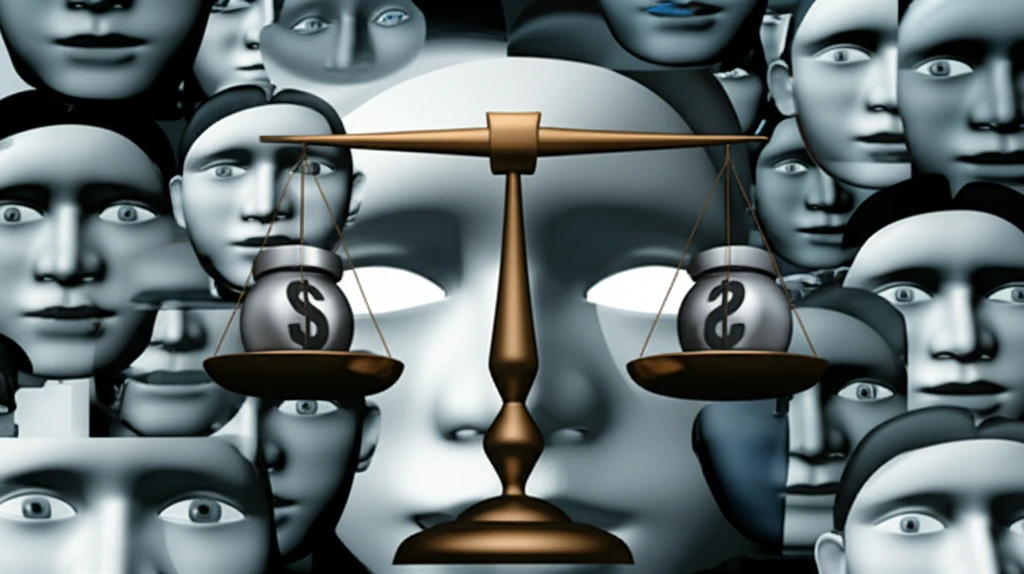
Is Fairness an Illusion? Unpacking the Paradoxical Truth About a Core Value
"Dive into the complex and often contradictory nature of fairness, and why understanding its dynamics is crucial for navigating social complexities."
Fairness, a concept seemingly simple, is as universally cherished as beauty. Like beauty, however, fairness is subjective and nuanced. What one person perceives as fair, another might see as unjust. This inherent subjectivity makes fairness a complex and often elusive ideal, deeply intertwined with our personal experiences and societal influences.
For centuries, fairness has been a cornerstone of societal values, yet its true nature remains largely unexplored. Much of the discourse around fairness centers on its presence or absence in public and social affairs, with less attention paid to its dynamic and often contradictory role in our lives. This lack of deeper understanding can lead to confusion and misinterpretations of various cultural, political, and economic phenomena.
The oversight regarding the dynamic nature of fairness has led to several misunderstandings. When we criticize social injustices, we often fail to recognize our own contributions to those very systems. When striving for ideal societies, we may inadvertently plant the seeds of future unfairness. When puzzled by the triumph of perceived 'bad guys,' we often overlook the nuanced role of fairness in those outcomes. It's time to explore this 'missing piece' in our understanding of the world.
The Elusive Definition of Fairness: Beyond Simple Explanations

Just as artists understand beauty through creation without easily defining it, we intuitively grasp fairness yet struggle to articulate it. Defining fairness is challenging because, like beauty, it's an open concept with a vast range of connotations. Simple, concrete definitions often fall short of capturing its full essence.
- Subjectivity: Fairness is perceived differently based on individual perspectives and experiences.
- Context-Dependent: What is considered fair in one situation may be unfair in another.
- Dynamic: The understanding and application of fairness evolve over time.
- Interconnected: Fairness is linked to other values such as justice, equality, and equity.
Why Understanding the Dynamics of Fairness Matters
Studying the dynamic nature of fairness is crucial because it challenges the simplistic assumption that fairness is always beneficial. Like beauty, fairness can have unintended consequences. By understanding its paradoxical nature, we can gain valuable insights into human culture, avoid repeating historical mistakes, and work towards creating more equitable and just societies.
